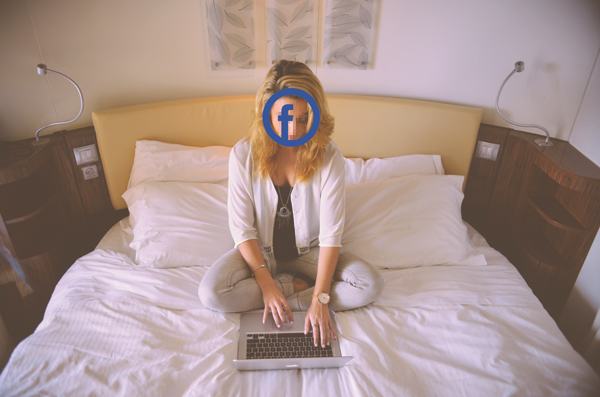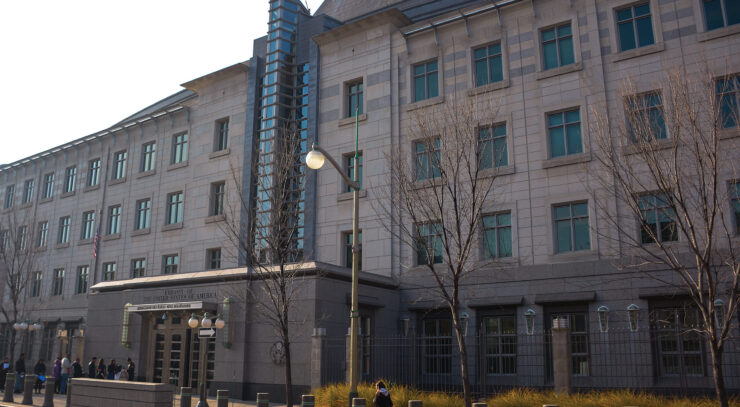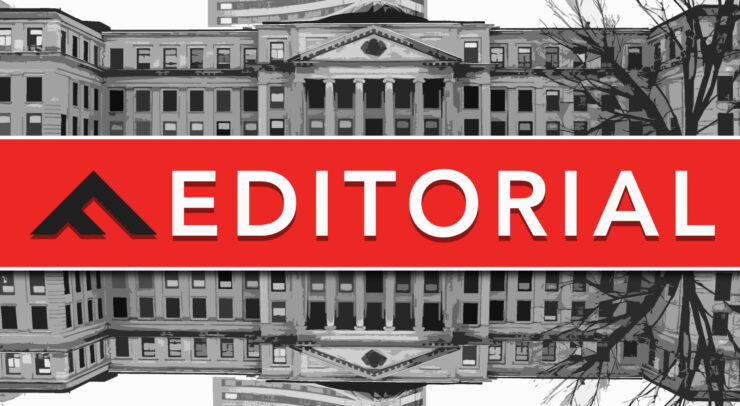All the big names of the social media scene have finally taken action
For almost five years, current U.S. President Donald Trump has been using his social media platforms to push the news cycle, spread misinformation to suit his own agenda and rile up his supporters. But within the span of a week, he has lost access to all of his favourite microphones.
Shortly after the storming of the U.S. Capitol on Jan. 6, Twitter and Facebook suspended Trump from their platforms. Two days later, Twitter announced a permanent ban on his account while also suspending both the official account of the presidency, and his @TeamTrump campaign.
In addition to Twitter, Facebook also announced Trump would be banned until the end of his presidential term. And in the days that followed, Google suspended Trump’s YouTube channel, Reddit banned some pro-Trump forums, and Snapchat permanently disabled Trump’s account on Jan. 14.
Following the bands, many believed Trump would simply move his soapbox to the app Parler, which has proven popular amongst Trump supporters. However, following his social media ban, Amazon web services stopped hosting Parler while both Apple and Google removed it from their app stores.
Trump supporters were quick to jump on the free speech bandwagon citing the First Amendment of the U.S. Constitution. However, the First Amendment does not give anyone the right to a particular platform or audience.
Platforms such as Twitter and Facebook are operated by privately-owned corporations and have the right to decide what they host on their platforms and how it can be used. These platforms have user agreements and, when someone is in violation of the guidelines, companies have the right to take action against the violators.
While many applaud the suspensions, some believe they should have happened earlier.
For years, social media sites like Facebook and Twitter have taken a largely hands-off approach to policing Trump all while a growing chorus of critics called for direct action. For four years, the companies defended their inaction as free expression.
Apart from Twitter recently attaching fact-checking labels at the bottom of the most outlandish posts, they did little to stop Trump’s spread of lies. As such hundreds of millions of people continued to see Trump’s tweets, and in turn, they continued to incite more anger, discord, and violence in the U.S. The storming of the American capital is just one example of the many consequences resulting from platforms doing nothing to stop the propagation of hate and conspiracies.
So why do the platforms care now?
While it is possible that his loss of the presidency has cost Trump his ability to threaten these businesses into giving him a wide berth, it is more likely due to the bottom line.
Most obviously, social media sites would have looked bad had they continued their inaction. As customers are more likely to purchase goods and services from businesses they trust, it is important to maintain a good reputation. Still, the prior reluctance of companies to rein in Trump and his spew of misleading and incendiary statements isn’t forgotten.
While it has been emotionally rewarding to see Trump being repeatedly barred from all major platforms, it is important not to forget that this is largely a hollow move. Trump’s social media ban is nothing more than a desperate attempt to save face after four years of ignoring or explicitly endorsing his fascism because it was lucrative.





